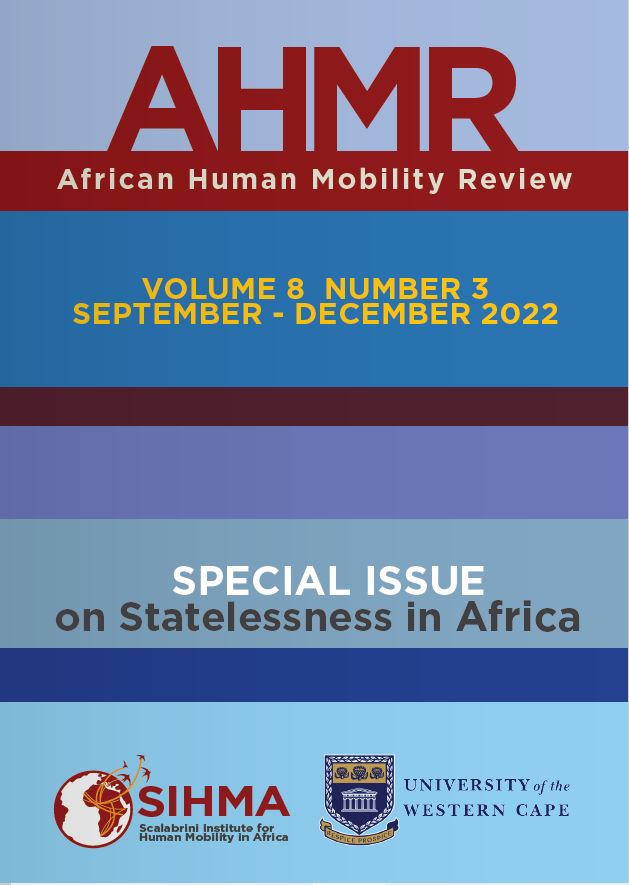Main Article Content
The Impact of Gender Discrimination on Statelessness: Causes, Consequences and Legal Responses
Abstract
Gender discrimination, both direct and indirect, is a leading cause of statelessness worldwide. Most often, direct discrimination is reflected in patriarchal nationality laws that restrict women’s ability to acquire, retain, and pass on their nationality to their children and their spouses. There are also many indirect forms of discrimination owing to women’s often subordinate status that can impact women’s (and their children’s) vulnerability to statelessness. Overall, women are subject to a range of elevated and compounded risks of statelessness linked to patriarchal norms and deeply rooted gender inequalities. Despite the substantial impact of gender discrimination on statelessness, this issue is an understudied topic in the literature. This article discusses
how gender discrimination impacts statelessness broadly and analyses how relevant international and selected Southern African and domestic law and policy frameworks have responded to this issue. First, the article briefly discusses some of the leading causes of statelessness arising from direct and indirect gender discrimination, and some of the key consequences of statelessness for women. Secondly, the article provides a critical gender analysis of the international legal framework on statelessness. It discusses how relevant international human rights legal and policy frameworks offer a robust protection of women’s nationality rights and gender equality. Thirdly, the article analyses selected regional and national law and policy developments related to gender and statelessness in Southern Africa. Overall, while the analysis indicates progress in some areas, there remain ongoing challenges in bridging the statelessness gender discrimination gap and a need for furth er research in this area.






